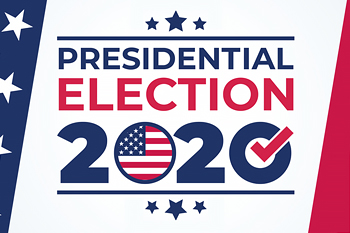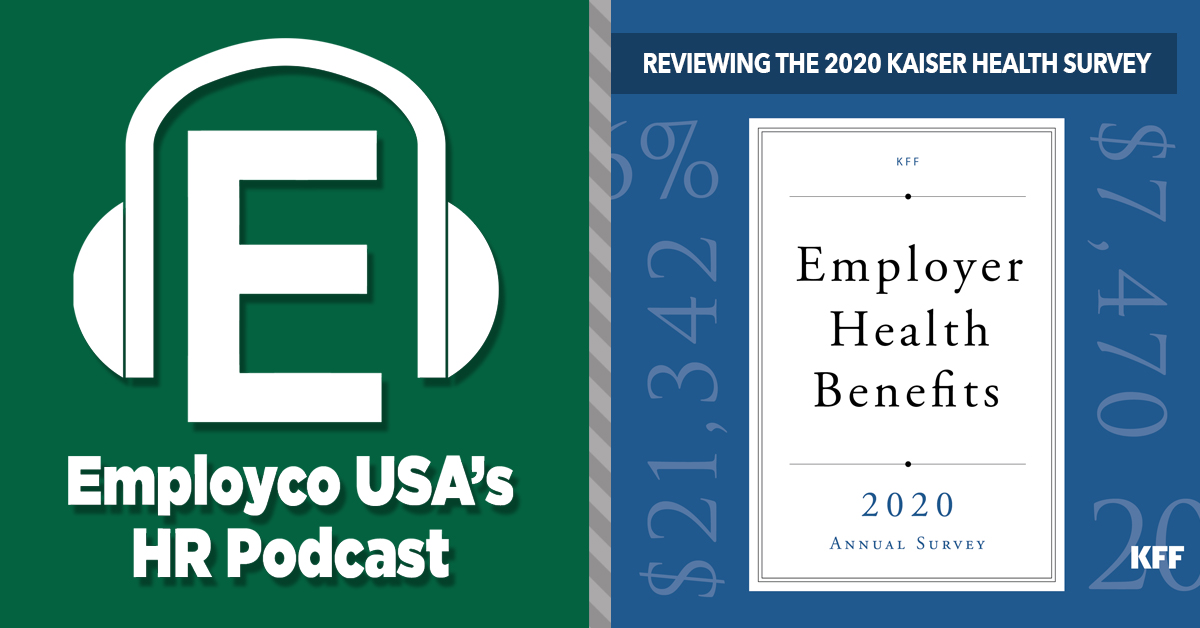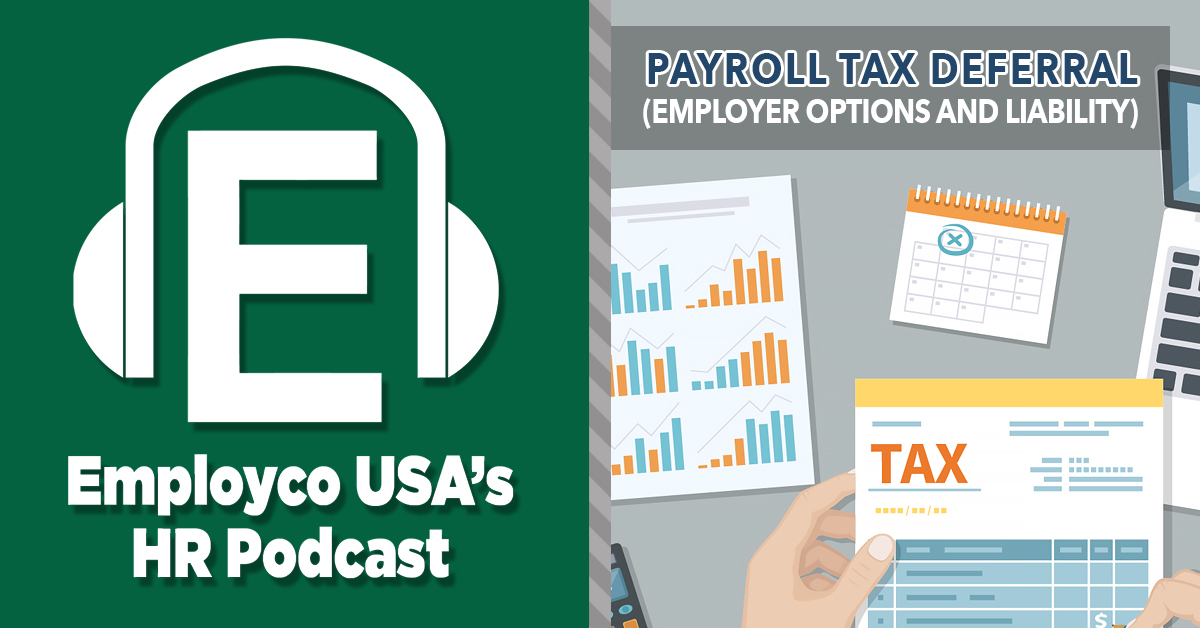Human resources expert comments on President Trump’s newly implemented tax break
 Starting today (Sept. 1), employers now have the option to stop withholding payroll taxes for their staff. The Treasury Department announced the option last week, detailing the new guidelines in a statement that offers a temporary deferral of the payroll taxes which employees pay into Social Security.
Starting today (Sept. 1), employers now have the option to stop withholding payroll taxes for their staff. The Treasury Department announced the option last week, detailing the new guidelines in a statement that offers a temporary deferral of the payroll taxes which employees pay into Social Security.
“Employers can opt to stop withholding payroll tax, provided an employee makes less than $4,000 on a biweekly pay period,” says Rob Wilson, President of Employco USA and human resources expert. “But this is only a deferral. Workers will need to repay the taxes by April 2021.”
Generally, employees and employers each pay 6.2% tax into Social Security, for a total amount of 12.4% per employee. However, under Pres. Trump’s new deferral, employers will have the option of not collecting the employee’s share. As a result, workers could see a bump in their paycheck – but next year, they will have to pay that money back or face financial penalties.
Wilson, who is the president of a national employment solutions firm, says that this will spell a major human resources headache for employers.
Continue reading →
 As Election Day approaches, millions of Americans have already voted via absentee ballot or early in-person voting. Yet due to unprecedented long lines and concerns around the coronavirus, many people still haven’t managed to cast their ballot. Here is what employers need to know about employees’ rights around Election Day, for those who still need to make their voice heard.
As Election Day approaches, millions of Americans have already voted via absentee ballot or early in-person voting. Yet due to unprecedented long lines and concerns around the coronavirus, many people still haven’t managed to cast their ballot. Here is what employers need to know about employees’ rights around Election Day, for those who still need to make their voice heard. A South Carolina fast-food worker was recently fired for a
A South Carolina fast-food worker was recently fired for a 
 A
A  As COVID-19 cases climb around the nation, many employers are struggling to find a balance between keeping their businesses afloat and their employees safe. Along with putting safeguards into place such as plexiglass barriers and mask mandates for workers and customers, employment experts say that companies also need to have a COVID-19 plan in place for when employees test positive for the novel coronavirus.
As COVID-19 cases climb around the nation, many employers are struggling to find a balance between keeping their businesses afloat and their employees safe. Along with putting safeguards into place such as plexiglass barriers and mask mandates for workers and customers, employment experts say that companies also need to have a COVID-19 plan in place for when employees test positive for the novel coronavirus.
 Starting today (Sept. 1), employers now have the option to stop withholding payroll taxes for their staff. The Treasury Department announced the option last week, detailing the new guidelines
Starting today (Sept. 1), employers now have the option to stop withholding payroll taxes for their staff. The Treasury Department announced the option last week, detailing the new guidelines  Mental health in the workplace has never been so tenuous. New research shows that both employers and employees are under extreme strain due to the coronavirus pandemic.
Mental health in the workplace has never been so tenuous. New research shows that both employers and employees are under extreme strain due to the coronavirus pandemic.